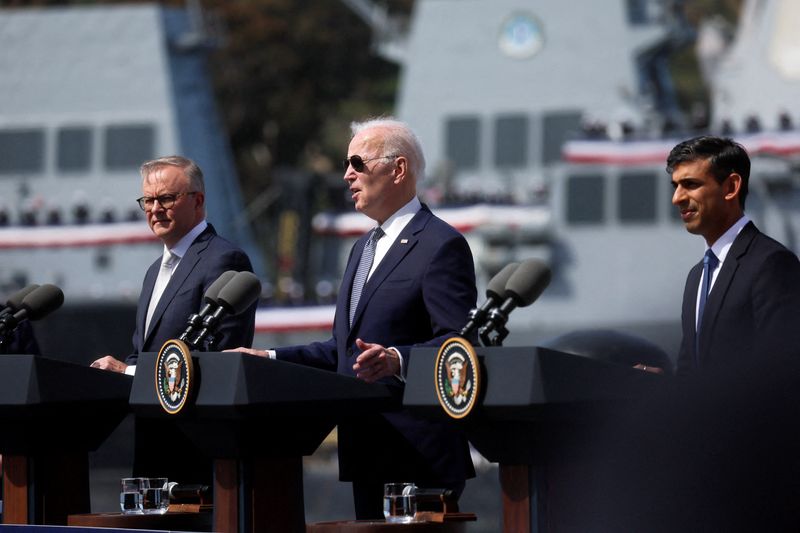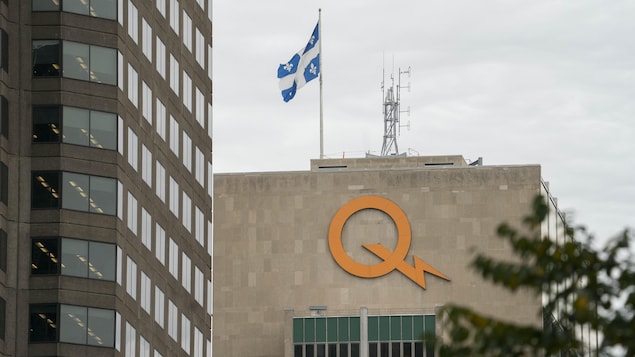The state-owned company warns that it will not be able to meet demand if new regulations close the door to the dual-energy approach it advocates.
If we use all-electric logic (heating, large buildings, etc.), it will lead to an increase in demand. It’s not realistic […] There will be a shortage of power lines and substations
Hydro-Québec spokesperson Maxence Huard-Lefebvre warns.
On February 16, elected officials from the Commission on Water, the Environment, Sustainable Development, and the City of Montreal’s large parks recommended banning as soon as possible
Any connection of new buildings to the natural gas network.
The committee also recommends b Phasing out fossil fuel heating systems in existing buildings
.
According to our sources, the conversion to electricity for all of Montreal’s gas heating systems in the building would represent an additional 4,500 megawatt (MW) energy requirement for Hydro-Québec.
This is a significant amount of power that will add to the 23,000 megawatts of industrial supply orders on the table of the Minister for Economy, Innovation and Energy, Pierre Fitzgibbon. The latter is also the Minister responsible for the Metropolis Region and Montreal.
The demand could be even greater if other municipalities decide to follow Montreal’s example. This is currently the case in Mont-Saint-Hilaire, Otterburn Park, Petit-Saguenay, Prévost and Saint-Cuthbert, who are calling on the Quebec government to ban natural gas heating in all new buildings.
Dual energy is at the heart of the discussions
The Commission de la Ville de Montreal also recommends limiting the use of natural gas by 15% in the case of dual energy and only in Peak time
.
However, with dual energy, 30% of the power supply for residential customers comes from gas and 70% from electricity.
According to Hydro-Quebec, Without dual energy, it does not work with us
.
” We warn the city of the consequences of regulations that do not allow the deployment of dual energy displays. »
The problem is peak winter, Hydro-Quebec states, when cold temperatures increase demand and put pressure on the grid.
Ongoing discussions
In the city of Montreal, we remain cautious. We will take the time to analyze all recommendations and will follow up on them in the coming months.
explains the press secretary of the Executive Committee, Marichem Goudreau.
” We will take the time to analyze it and this will also be done in collaboration with Hydro-Québec and Énergir. »
The bylaw has not yet been written and the city could take a different path than the elected members of its committee.
However, a spokesperson for the Montreal Executive Committee was pleased with the interest raised during the consultations.
We are now seeing that efforts to consult the public on our roadmap towards zero-emissions buildings are being successful, writes Ms. Godreault. Nearly fifty organizations, companies, and citizens participated in the meditation, showing how important this file is to the people of Montreal.
Put cooperation to the test
In May 2022, Montreal Mayor Valerie Plante was pleased to sign a cooperation agreement with Hydro-Québec to reduce greenhouse gas (GHG) emissions in the construction sector.
I am especially proud to announce this partnership, which will put the Crown’s formidable expertise to Montreal’s advantage
said the mayor.
As much as it is necessary to reduce the use of fossil fuels, it is important to do so as cost-effectively as possible.
said CEO Sophie Brochu.
Montreal wants buildings built on its land to be carbon neutral by 2040.
For Patrick Bonin, Head of the Climate and Energy Campaign at Greenpeace Canada, The recommendations of Montreal’s elected officials confirm the city’s leadership and highlight the fact that the Quebec government is sleeping on gas when it should be regulating the removal of fossil fuels from buildings.
.
$1 billion for GNR
In May 2022, Hydro-Québec and Énergir received approval from the Régie de l’énergie to convert gas heating systems to dual energy in order to reduce greenhouse gases.
However, the decision was appealed. Last week, Régie changed its mind and will not allow Hydro-Québec to raise its rates to fund the agreement with Énergir. However, the state company says the partnership will go ahead, but it will likely have to cut its dividend.
Hydro estimates that dual power will reduce greenhouse gases in Quebec by 540,000 tons of carbon dioxide equivalent by 2030 and generate savings of about $1.7 billion compared to full electrification.
Hydro also asked in its brief to the committee Adopt a position that recognizes renewable natural gas as an energy source that generates no greenhouse gas emissions
.
Opponents of the dual energy deal, including environmental and consumer groups, believe there are other ways to deal with peak winter. They advocate more for the use of heat pumps and heat accumulators, which would allow the decarbonization of buildings.
I deplore Hydro-Québec’s lack of ambition. Does the commitment to service only apply to manufacturers? Does this apply to carbon removal? Hydro-Quebec finds an excuse above the pretext of not decarbonising. Dual power is half a measure
Jean-Pierre Venier, of the Association for the Regrouping of Environmental Organizations in Energy (ROEE), believes in an interview with Radio Canada.
Énergir has just signed a $1 billion partnership with Denmark’s Nature Energy to accelerate renewable natural gas (RNG) production in Quebec. According to the Quebec gas distributor, these facilities will enable an annual reduction of 400,000 tons of greenhouse gases by 2030. Currently, Énergir has less than 1% of the compressed natural gas circulating in its network.

“Music guru. Incurable web practitioner. Thinker. Lifelong zombie junkie. Tv buff. Typical organizer. Evil beer scholar.”







More Stories
Trudeau helps the rich and taxes the ordinary world: his budget is painful
Quebec, the city of gourmet: a new destination for lovers of Asian cuisine
CBC/Radio-Canada will cut fewer jobs than expected